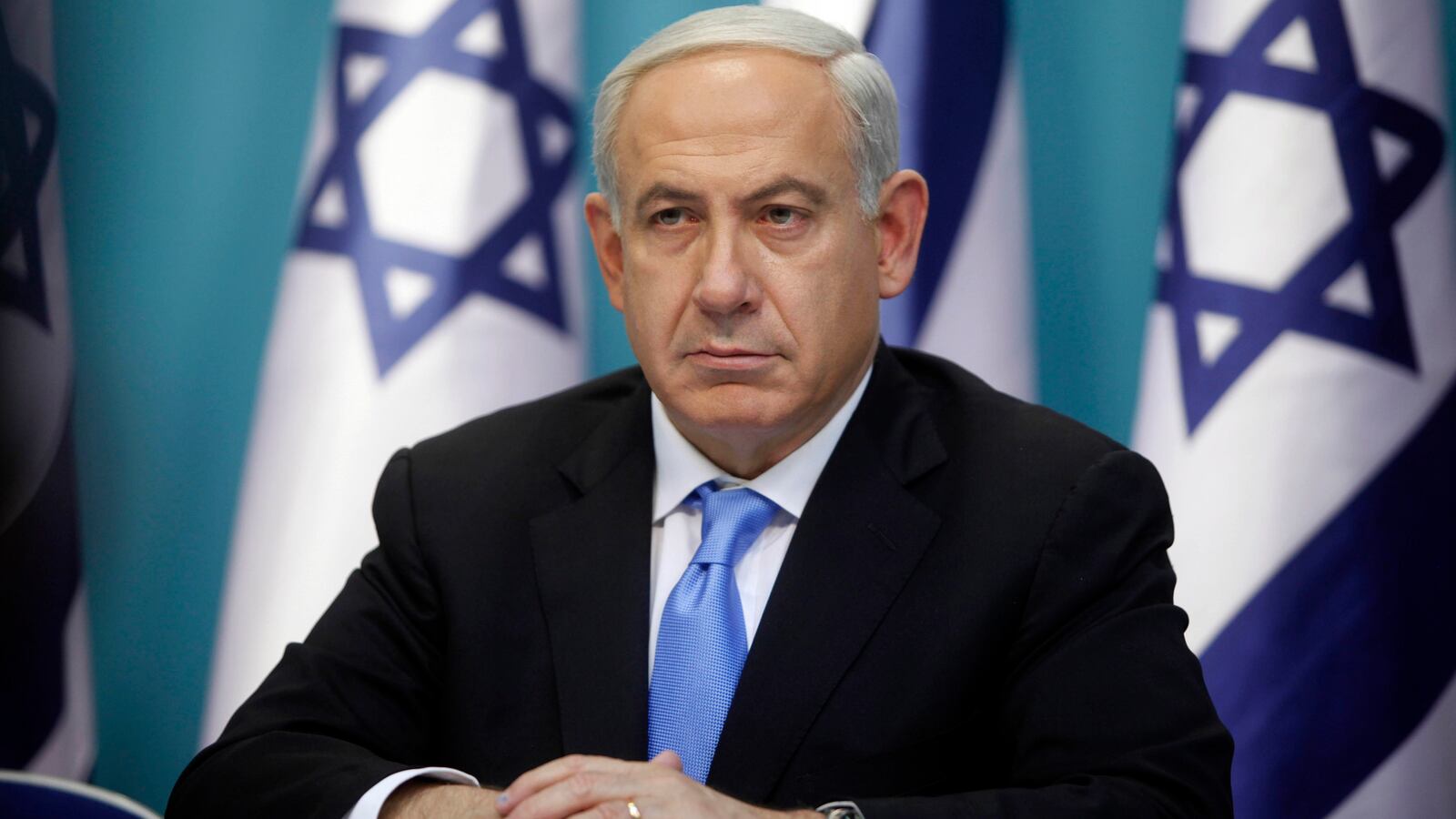Israeli Prime Minister Benjamin Netanyahu, President Trump’s closest ally on the international stage, is walking on a tightrope in crafting his reaction to the American strike against Iranian General Qassem Soleimani.
On Sunday, for public consumption, Netanyahu issued a statement of praise, but restrained himself from the usual flourishes he indulges in when congratulating Trump, such as accompanying videos.
In a statement released by his office, Netanyahu said, “Qassem Soleimani brought about the death of many American citizens and many other innocents in recent decades and at present. Soleimani initiated, planned and carried out many terrorist attacks throughout the Middle East and beyond.
“President Trump is deserving of all esteem for taking determined, strong and quick action. I would like to reiterate—Israel fully stands alongside the US in the just struggle for security, peace and self-defense.”
And that was it.
Netanyahu is in the thorniest moment of his turbulent, three-decade long career in politics. He is running for re-election after having failed to form a coalition government in two elections held in 2019. Last November, he became the first sitting Israeli prime minister to be accused of crimes, when he was indicted on three separate counts of corruption. In the fight for his political life, Netanyahu took the unprecedented step of requesting parliamentary immunity last Thursday.
Israel has previously been the target of terror attacks attributed to Iran, including the bombing of its embassy in Buenos Aires in 1992, and several attacks in other countries in the past decade.
While the foreign ministry put all its embassies on high alert immediately following the assassination of Soleimani, the last thing Netanyahu wants is for Israelis to suspect the danger from Iran has grown since the 2018 American withdrawal from Syria, which Netanyahu championed and celebrated.
Two leaks from his security cabinet meeting on Monday helped sustain this aim, despite Iranian troops’ entrenchment along Israel’s northern border with Syria in recent years.
On Monday, as the meeting ended, several ministers transmitted Netanyahu’s declaration distancing Israel from the Soleimani hit.
“The assassination of Soleimani isn’t an Israeli event but an American event. We were not involved and should not be dragged into it,” he said, according to Israeli news outlets.
Simultaneously, journalists were told that security and intelligence officials who briefed the security cabinet told ministers there was no imminent threat of Iranian attacks against Israel following the Soleimani assassination.
With one exception, regarding the Kurds fighting in Syria after the withdrawal of American troops, Netanyahu has never distanced himself from Trump, though his thoughts about Iran have occasionally slipped out.
Last November, speaking at a graduation ceremony for army officers, he said, “Iran’s brazenness in the region is increasing and even getting stronger in light of the absence of a response.”
At the same time, Israel’s Channel 13 news reported that some weeks earlier, in a closed-door meeting, Netanyahu told cabinet members he believed Trump would not act against Iran until the 2020 elections were behind him.






